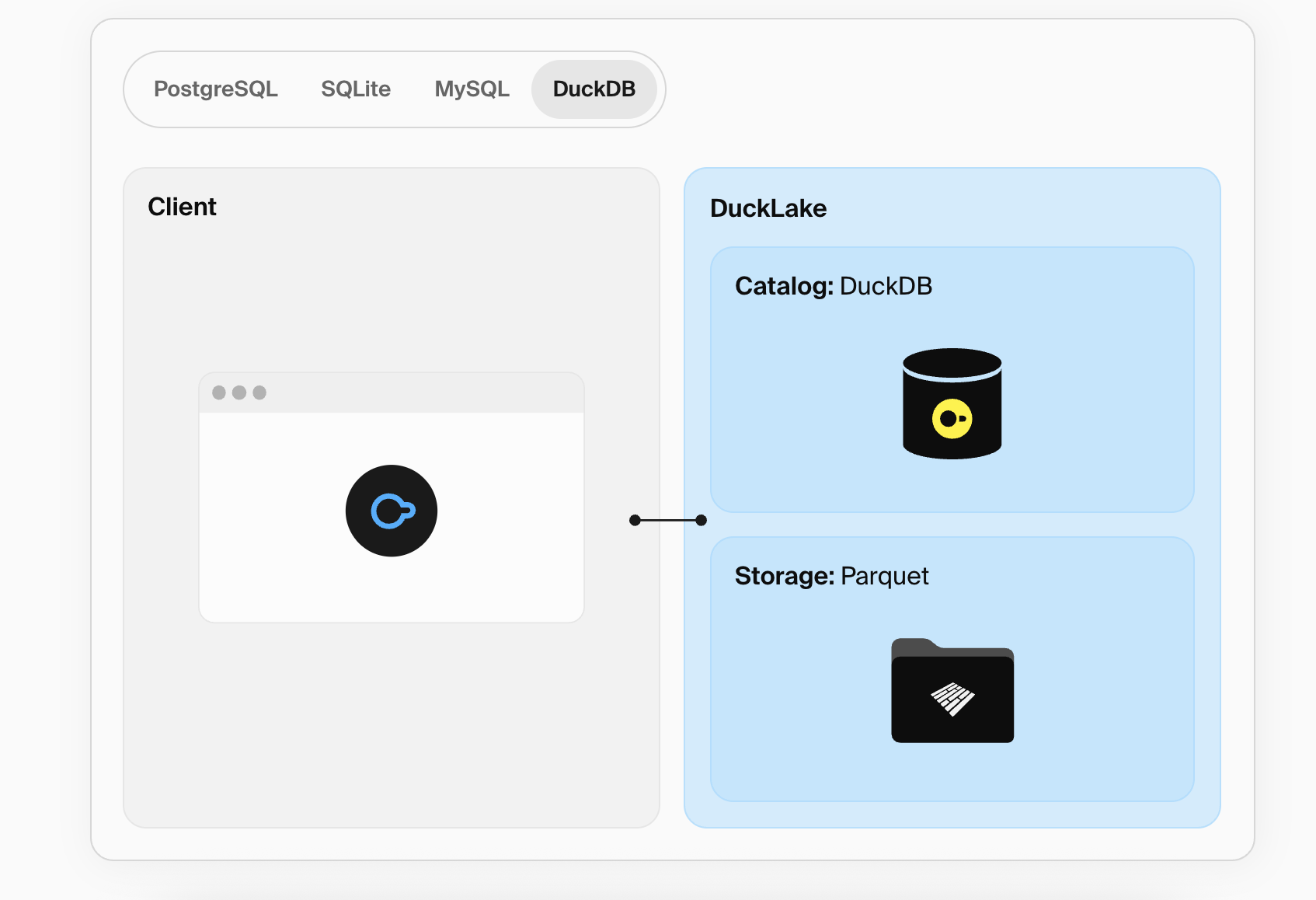
Why Small Data Matters More Than Big Data
The Misconception of Big Data: Separating Hype from Reality
For over a decade, Big Data has been heralded as the ultimate solution to a myriad of business challenges. The narrative was clear: businesses would soon be inundated with data, necessitating enormous infrastructures and advanced analytics to stay competitive. However, this perception of an impending data deluge has largely been overstated. The reality is that most organizations are not overwhelmed by the volume of their data but rather by the challenge of making sense of it.
The idea that all businesses would soon be drowning in data hasn't materialized. Instead, many companies find themselves managing moderate amounts of data, typically in the gigabyte range. This shift in perspective is crucial to understand because it highlights that the true challenge isn't about handling vast datasets but about effectively utilizing the data that already exists.
The Small Data Manifesto (here) and the now-popular Small Data SF events. Championed by MotherDuck and friends. Has shown datajoi that there is a better way to solve #DataProblems with DuckDB and Apache Arrow, and similar open source projects, without the BIG DATA pricae tag and overhead!
Challenges in Contextualizing Data: Why Bigger Isn't Always Better
The real difficulty lies in contextualizing data. Organizations frequently struggle to extract actionable insights from their existing data. It's not uncommon for data teams to be adept at collecting data but less proficient at interpreting it. This gap often leads to a situation where data is abundant, but meaningful insights remain scarce.
Contextualizing data involves more than just processing it; it requires understanding the context in which the data was generated and how it can be applied to make informed decisions. The complexity increases as data sources multiply and data formats diversify. The misconception that more data automatically leads to better insights is, therefore, fundamentally flawed. Quality, relevance, and context are far more critical than sheer volume.
Benefits of Small Data: Quality Over Quantity
Small data focuses on extracting meaningful insights from manageable datasets. This approach prioritizes quality over quantity, emphasizing the value of relevant and actionable data. By honing in on smaller datasets, businesses can achieve more precise decision-making and tailor their strategies to specific needs without the overhead associated with massive data infrastructures.
One of the key benefits of small data is its ability to provide quick and actionable insights. Unlike Big Data, which often requires significant resources to process and analyze, small data can be more agile and responsive. This flexibility allows businesses to adapt quickly to changing conditions and make informed decisions in real time.
We now see a project, Ducklake, out of the same team from DuckDB Labs, that aims to simplify the data warehouse stack of tooling, catalogs, and metadata. Into a way to more simply benefit from the data, rather than fighting against good specifications and standards.

Flexibility in Data Management: Aligning Resources with Actual Needs
The separation of storage and computing in modern cloud data platforms has been a game-changer. However, the practical application of this separation often reveals that businesses do not need the massive computational resources typically associated with Big Data. Instead, what organizations need is flexibility in their data management strategies.
Flexibility means aligning resources with actual needs rather than perceived ones. Most businesses benefit more from scalable solutions that can adapt to varying workloads rather than from a fixed, oversized infrastructure. This approach not only reduces costs but also ensures that resources are utilized more efficiently.
By focusing on small data, businesses can achieve a more balanced and effective data management strategy. This involves investing in tools and technologies that offer both surface-level insights and the ability to dive deep into data when necessary. Ultimately, the goal is to make data work for the business, not the other way around.
In conclusion, the era of Big Data may have promised a revolution, but the real transformation lies in embracing small data. By focusing on quality, relevance, and flexibility, businesses can unlock powerful insights without the need for overwhelming infrastructure or resources. The key is to shift the perspective from volume to value, recognizing that small data holds the true potential for driving meaningful change.


